Montezuma's revenge, the runs, the trots, or just diarrhea — everyone gets it sooner or later. What exactly is diarrhea good for, if anything?
The basic description of diarrhea is loose, watery, stools. It can be explosive, frequent, acute, or chronic — but the bottom line is the same — diarrhea is liquid bowel movements sometimes accompanied by abdominal pain and other symptoms, depending on the cause.
There are many triggers of diarrhea, including viruses, bacteria or food poisoning, parasites, food sensitivity, drug reaction, or underlying disease. Diarrhea does not discriminate — it hits adults about once a year, and children twice a year, on average. Traveler's diarrhea afflicts between 30% to 70% of American globetrotters due to contaminated food and poor hygiene practices in foreign restaurants.
While reaching for the toilet paper (again), we don't think much about why we have diarrhea; we are focused on getting through it. To find out whether diarrhea is friend or foe, researchers at Brigham and Women's Hospital took a look at why we get diarrhea. In a study published in Cell Host and Microbe, scientists explored how the body might use diarrhea to fight infection.
Diarrhea — What Is It Good For?
When you get diarrhea, the general theory is that your body is trying to rid itself of a problem-causing pathogen. In this study, scientists wanted to understand whether diarrhea is a symptom, a solution, or both, to an infectious microbe.
In a press release, Jerrold Turner, said:
The hypothesis that diarrhea clears intestinal pathogens has been debated for centuries. Its impact on the progression of intestinal infections remains poorly understood. We sought to define the role of diarrhea and to see if preventing it might actually delay pathogen clearance and prolong disease.
To understand the mechanism and purpose of liquid poop, researchers infected mice with a bug that causes diarrhea. Diarrhea has a lot to do, it turns out, with the permeability of the intestinal wall.
Your intestinal wall is critical to the passage and absorption of nutrients, water, and waste. The cells that line the intestinal wall form a tight barrier, but possess some gateways. These gateways take the form of junctions between cells, and pores — that make gaps to allow certain substances to pass through. In some diseases, pathogens attack the intestinal wall, aiming for the junctions and pore pathways to breach the intestinal barrier.
In this research, the team focused on the permeability of the pore pathways. These are very small gaps that are quickly affected by an intestinal infection. After identifying pathogens, immune cells advance to the intestinal wall to start a chain reaction of protein release that causes the pores to become more permeable from the body side, allowing water and other molecules from the body to flood the intestines and flush bacteria out. Scientists identified the end protein, claudin-2, as the protein most responsible for ushering more water into the intestine during infection.
The team varied the experimental method to test their findings, including genetically modifying the test mice, but the outcome was the same — results that suggest the immune system initiates the process that drives diarrhea from your body — and you to the bathroom.
Remember this was a mouse study, but the protein similarities between human and mice make the research worth noting. While this study illustrates the process of how diarrhea occurs in the presence of a pathogen, it does not explain if bacteria are just being washing out of the intestine with the liquid feces, or if there is another process at play. As well, the study suggests but does not say for sure, that using anti-diarrheal medications at the outset of infection might impede the natural ability of your immune system and intestine to rid your body of pathogens.
The focus of this study is the immune process triggered by intestinal pathogens to rid the body of infection. It does not comment on life-threatening diarrheal diseases like Clostridium difficile, or diarrhea that results from drug interactions, food allergies, or underlying chronic conditions.
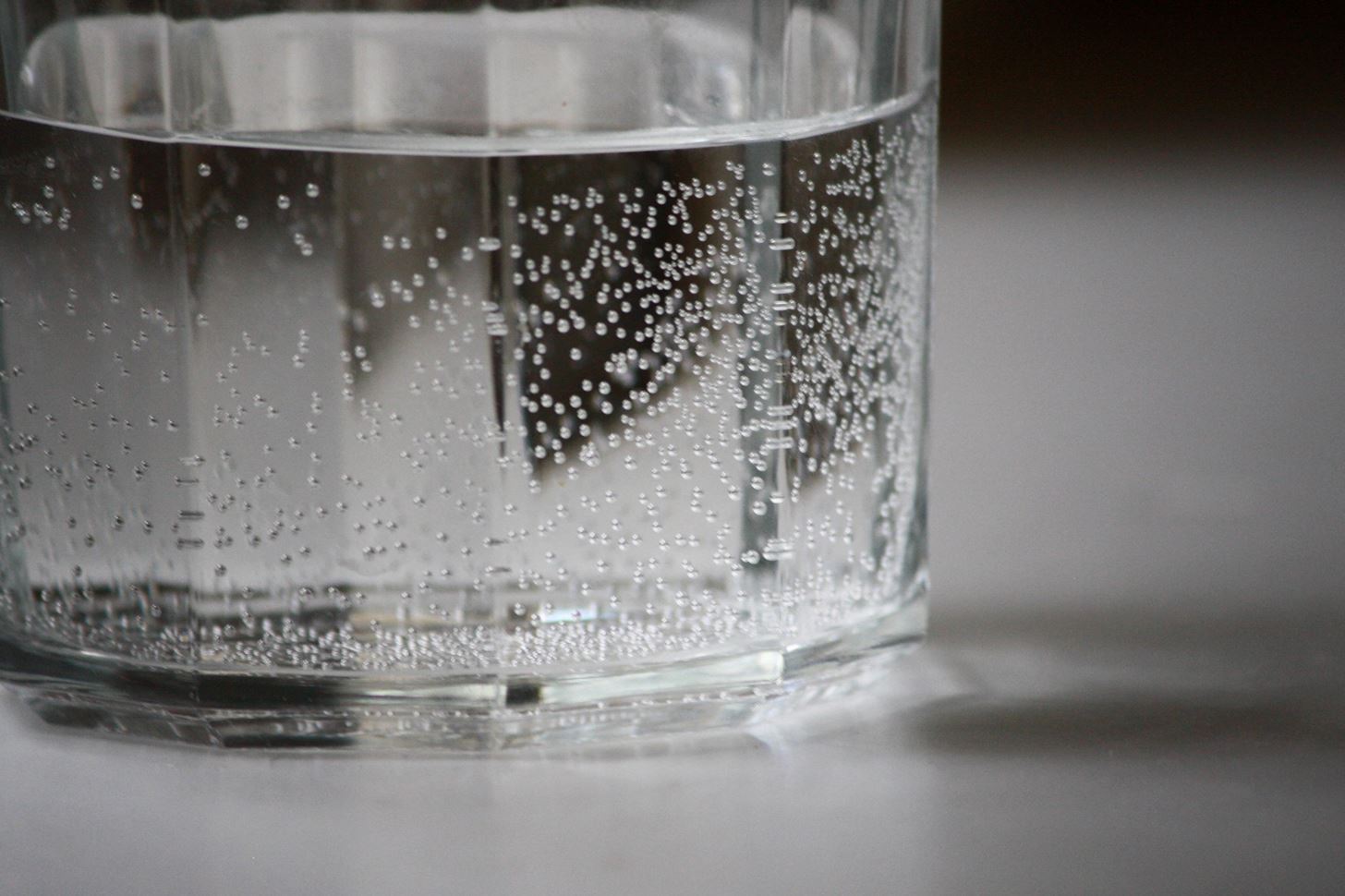
By drawing water into the intestine, you become dehydrated, so pay attention to replacing lost fluids with sports drinks, water, and stick to a bland diet until you are feeling better.
Friend or foe? In exploring the gut and bacteria, scientists found diarrhea promotes "pathogen clearance." This research confirms that all the toilet flushing you are doing is caused by the defensive flushing undertaken by your body to defend you from infection.
Just updated your iPhone? You'll find new emoji, enhanced security, podcast transcripts, Apple Cash virtual numbers, and other useful features. There are even new additions hidden within Safari. Find out what's new and changed on your iPhone with the iOS 17.4 update.
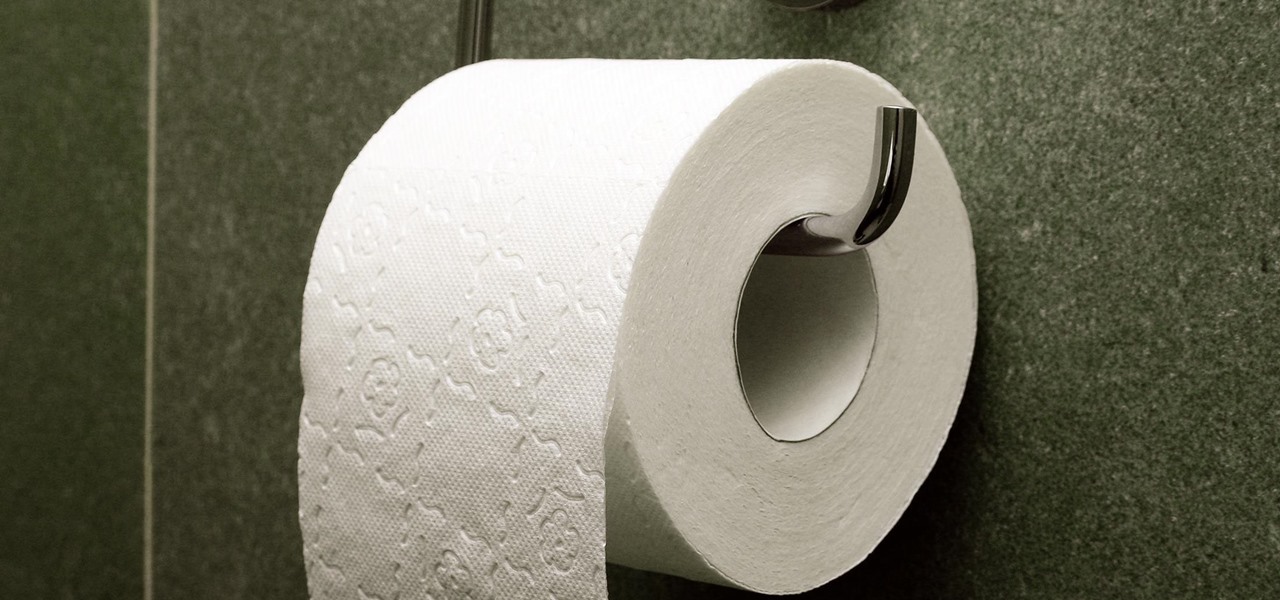


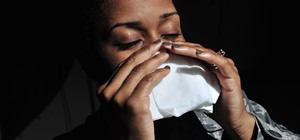
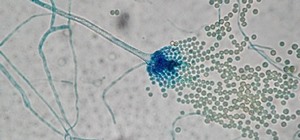

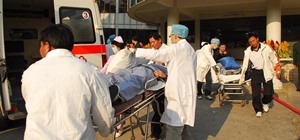


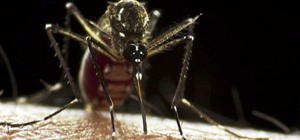
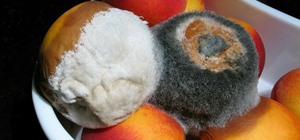




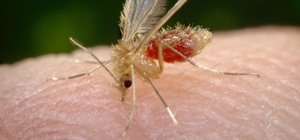




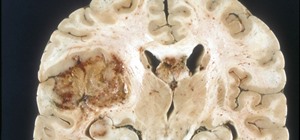
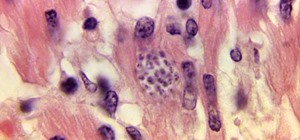


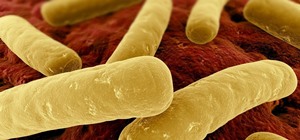
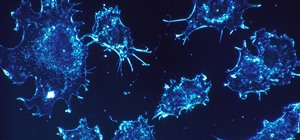
1 Comment
I am lactose intolerance and my symptoms when firstn started were so extreme that it looked like anything but. 18 hours of diarria and vomiting at least once a week before they figured out why. The whole experimenting with anti-diarria medication to see if it helped during the ordeal was ordered by the doctor. It provides only a small relief of couple hours but when the body started back up it was 5× worse then if would have gone naturally through it. Done different times with different kinds of meds. Better to let nature take its course.
Share Your Thoughts